Navigation
- Home
- Important Dates
- Technical Program
- Events
- Venue/Hotel
- Committees
- Submission
- Registration
- Contact Us
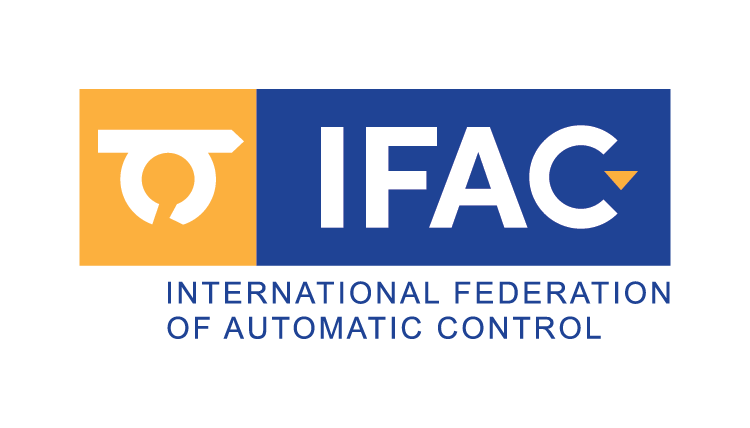
IFAC
Sponsor of ADHS
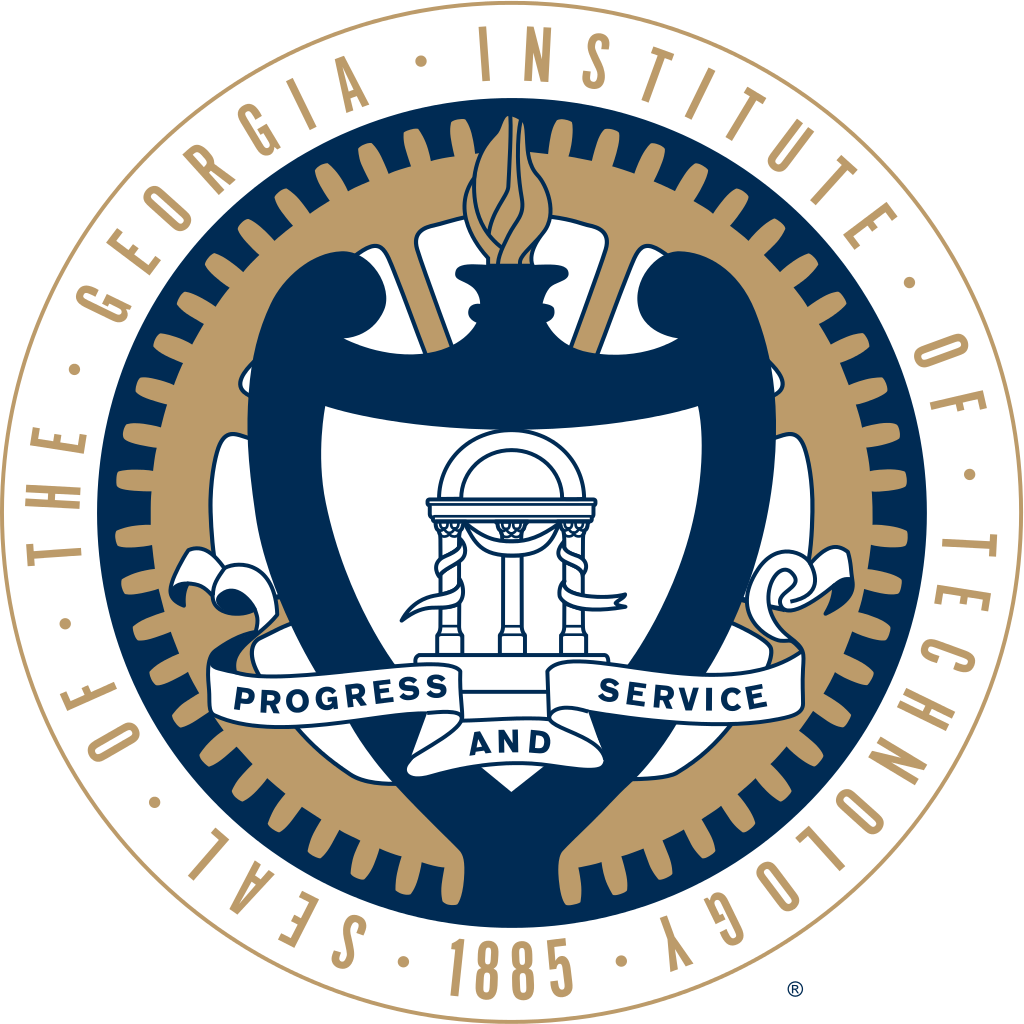
Georgia Tech
Technical Program
ADHS'15 will take place during Oct. 14-16, 2015, on the campus of Georgia Tech in Atlanta, Georgia, USA. All accepted papers will be allotted a 25 min oral presentation slot. The final Technical Program is available in papercerpt.
ADHS Plenaries
Pramod Khargonekar, National Science Foundation and University of Florida, 9:00-10:00, Oct. 14
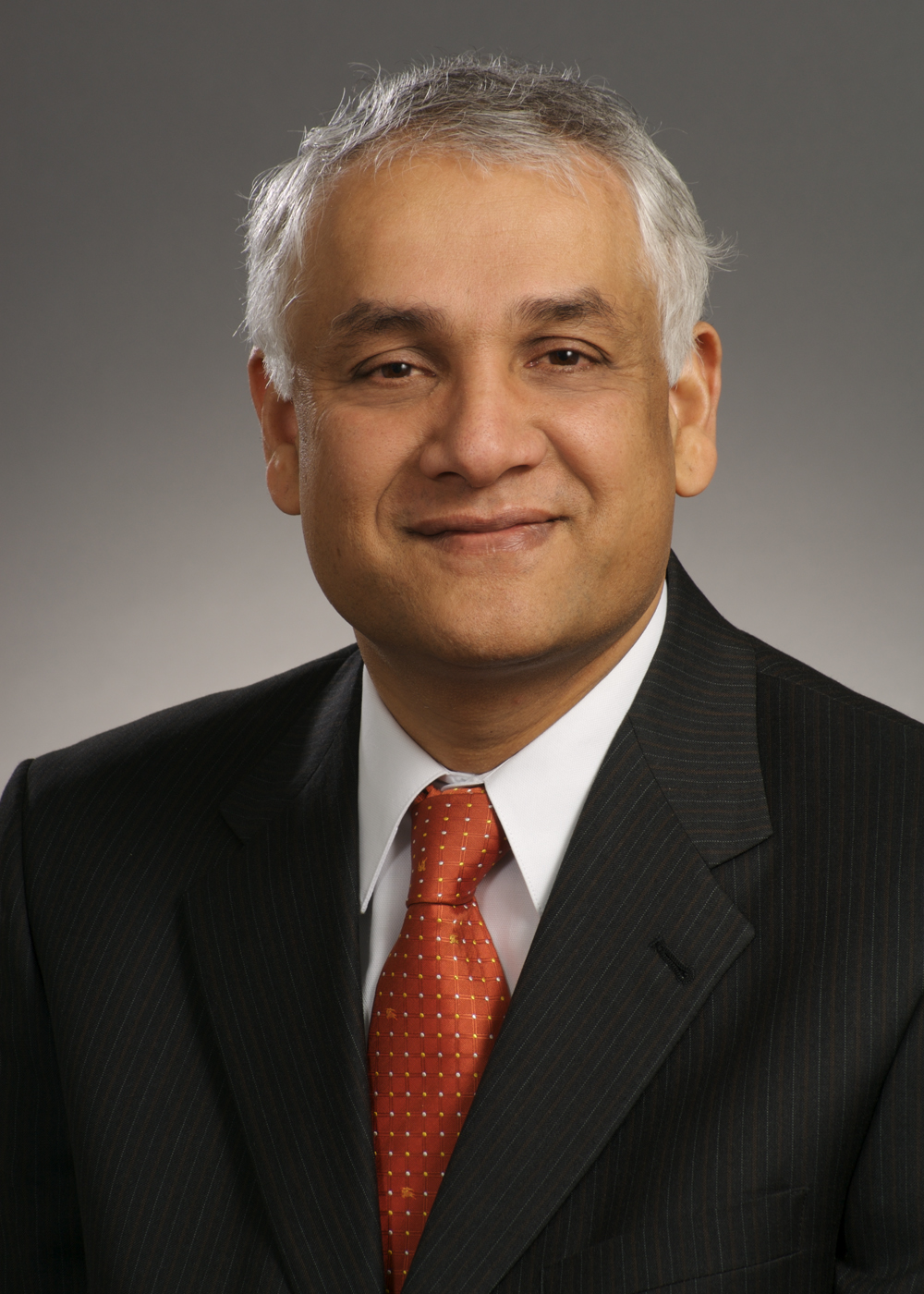
Title: "Cyber-Physical Systems and Smart Grid"
Abstract:
In this talk, I will begin with an overview of the NSF Engineering Directorate. I will then present the NSF perspective on cyber-physical systems research and what we are aiming to support. I will next discuss smart grid as a major application of cyber-physical systems approach. I will conclude with highlighting some of our recent results on distributed control in the setting of smart grid and renewable integration.
Bio:
Dr. Pramod P. Khargonekar was appointed by the National Science Foundation (NSF) to serve as Assistant Director for the Directorate of Engineering (ENG) in March 2013. In this position, Khargonekar leads the ENG Directorate with an annual budget of more than $890 million. The ENG Directorate invests in frontier engineering research and education, cultivates an innovation ecosystem, and develops the next-generation of engineers. He is a member of the senior leadership team at NSF and thereby involved in setting priorities and policies at NSF. Khargonekar received B. Tech. Degree in electrical engineering from the Indian Institute of Technology, Bombay, India, in 1977, and M.S. degree in mathematics and Ph.D. degree in electrical engineering from the University of Florida in 1980 and 1981, respectively. He has held faculty positions at the University of Florida, University of Minnesota, and The University of Michigan. He was Chairman of the Department of Electrical Engineering and Computer Science from 1997 to 2001 and also held the position of Claude E. Shannon Professor of Engineering Science at The University of Michigan. From 2001 to 2009, he was Dean of the College of Engineering at the University of Florida and is currently Eckis Professor of Electrical and Computer Engineering there. He also served briefly as Deputy Director of Technology at ARPA-E, U. S. Department of Energy in 2012-13.
Jessy Grizzle, University of Michigan, 9:00-10:00, Oct. 15
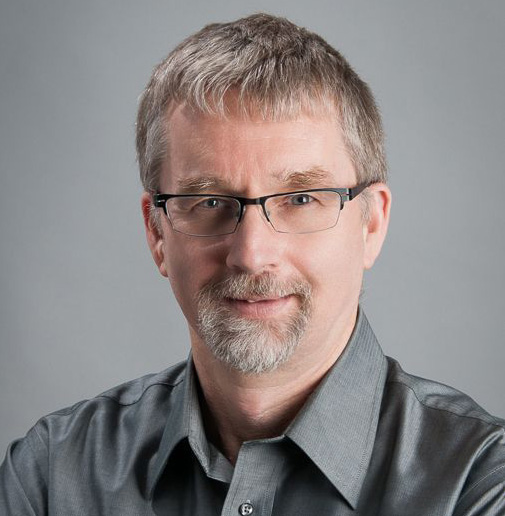
Title: "Bipedal Locomotion: A Case Study in Feedback Control of Hybrid Systems"
Abstract:
The dynamic models of bipedal robot locomotion are fundamentally hybrid in nature. They contain both continuous and discrete elements, with switching events that are governed by a combination of unilateral constraints and impulse-like forces that occur at foot touchdown. The presentation will show how a judicious combination of geometric control and numerical optimization leads to feedback controllers that enjoy a solid theoretical basis and work in practice.
Bio:
Jessy W. Grizzle received the Ph.D. in electrical engineering from The University of Texas at Austin in 1983 and in 1984 held an NSF-NATO Postdoctoral Fellowship in Science in Paris, France. Since September 1987, he has been with The University of Michigan, Ann Arbor, where he is the Elmer G. Gilbert Distinguished University Professor and the Jerry and Carol Levin Professor of Engineering. He jointly holds sixteen patents dealing with emissions reduction in passenger vehicles through improved control system design. Professor Grizzle is a Fellow of the IEEE and of IFAC. He received the Paper of the Year Award from the IEEE Vehicular Technology Society in 1993, the George S. Axelby Award in 2002, the Control Systems Technology Award in 2003, the Bode Lecture in 2012, and IEEE Transactions on Control Systems Technology Outstanding Paper Award in 2014. His work on bipedal locomotion has been the object of numerous plenary lectures and has been featured in The Economist, Wired Magazine, Discover Magazine, Scientific American, Popular Mechanics and several television programs.
Christoforos Hadjicostis, University of Cyprus, 9:00-10:00, Oct. 16
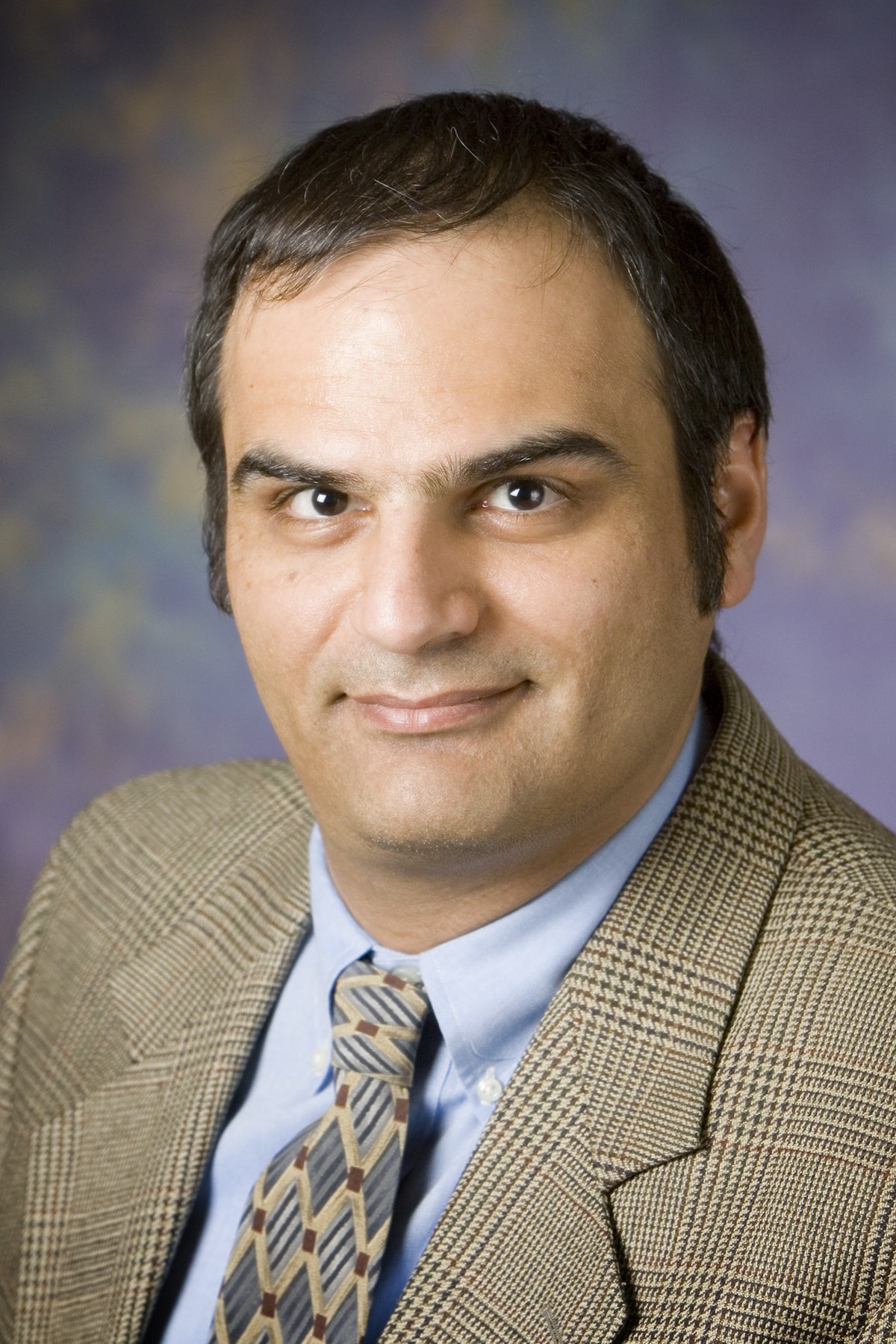
Title: "Distributed State Estimation and Fault Diagnosis in Discrete Event Systems"
Abstract:
A discrete event (dynamic) system (DES or DEDS) is an event-driven system whose state evolution depends entirely on the occurrence of asynchronous discrete events. Research in DES has made significant strides in observability analysis (e.g., fault diagnosis) and control (e.g., supervisory strategies) for a variety of systems of interest from diverse domains, such as manufacturing, process control, communication and networking, transportation, security, and others. This talk overviews progress related to the problem of state estimation, and the verification of pertinent properties of interest, such as diagnosability and detectability. Apart from well-studied issues pertaining to model description, and sensor selection and activation, these problems become particularly challenging when multiple (local) observers need to jointly make a decision (e.g., provide a state estimate or a fault diagnosis decision), based on locally observed events and perhaps by exchanging limited information. The talk discusses recent progress on distributed state estimation and fault diagnosis in emerging interconnected DES, as well as efficient ways of verifying properties such as detectability and diagnosability. Connections to state estimation and fault diagnosis in hybrid systems are also discussed.
Bio:
Christoforos Hadjicostis is Professor of Electrical and Computer Engineering at the University of Cyprus. He received S.B. degrees in Electrical Engineering, Computer Science and Engineering, and Mathematics, the M.Eng. degree in Electrical Engineering and Computer Science, and the Ph.D. degree in Electrical Engineering and Computer Science, all from the Massachusetts Institute of Technology, Cambridge, MA. From 1999 to 2007, he was Assistant and then Associate Professor with the Department of Electrical and Computer Engineering at the University of Illinois at Urbana-Champaign. His research focuses on fault diagnosis and tolerance in distributed dynamic systems; error control coding; monitoring, diagnosis and control of large-scale discrete event systems; and related applications in embedded systems, distributed robotics, anomaly detection and network security. His research has been funded via several competitive grants from the National Science Foundation (including an NSF Career Award), the Air Force Office of Scientific Research, the European Commission (including a Marie Curie International Reintegration Grant), Qatar Foundation, the Cyprus Research Promotion Foundation, and companies like Boeing, Motorola, and Lucent. Dr. Hadjicostis has served or is serving on the Editorial Board of IEEE Transactions on Automatic Control, IEEE Transactions on Automation Science and Engineering, IEEE Transactions on Circuits and Systems (Part I), IEEE Transactions on Control Systems Technology, and International Journal of Discrete Event Dynamic Systems.
Last modified July 12, 2015
Announcements
Technical Program is available!
Paper submissions at http://ifac.papercept.net/
Submission deadline has been extended to May 3, 2015. And that's final!
Registration site is up and running. Available here!
Make sure you book your hotel rooms early - see the Venue/Hotel page